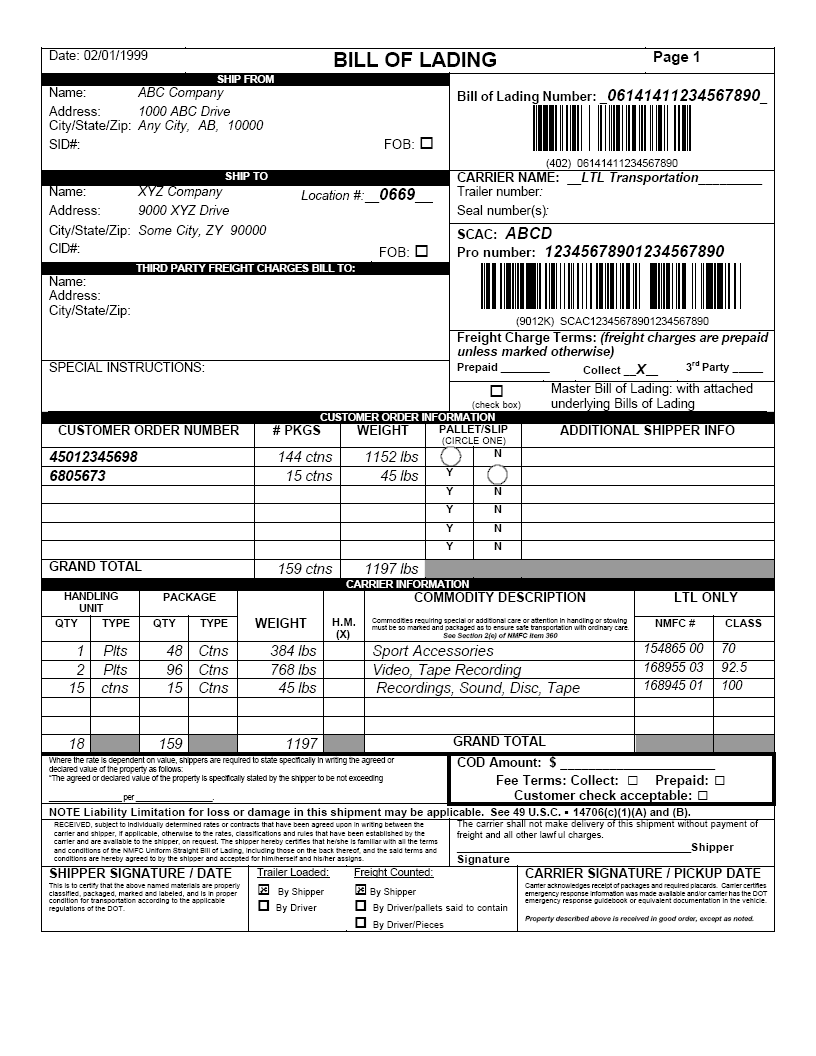How can I ensure that the Hague Visby Rules will apply to my Bills of Lading?
The Hague Visby Rules (HVR) provide a basic standard for carriage of cargo terms, and they are critical for shipowners in maintaining cover with their P&I Clubs as they must not contract on terms less favourable than the HVR. This is because the HVR contain exclusions, limitations and provisions which protect the shipowner. However, the Rules do not automatically apply so a shipowner must ensure they do apply to the cargo he is carrying by issuing Bills of Lading in the proper format. The following are the main points to remember in this respect.
1. CLAUSE PARAMOUNT
Article Ten (X) of the HVR states that the Rules apply to ‘ … every bill of lading relating to the carriage of goods between ports in two different States if:(a) the bill of lading is issued in a contracting State, or(b) the carriage is from a port in a contracting state, or (c) the [bill of lading] provides that [they will govern the contract].
Therefore if neither (a) or (b) apply you need to ensure your Bill of Lading contains a ‘Clause Paramount’, i.e. a contractual term stating that the Bill is to be governed by the Hague Visby Rules.
2. DOCUMENT OF TITLE
The Rules only apply to Bills of Lading, not Sea Waybills, not Ships’ Delivery Orders or other such documents, so you need to ensure you are issuing Bills of Lading. In general case law around the world has held that in order to be a Bill of Lading the Bill need not be negotiable (transferable / marked to order etc.); it can be a ‘straight’ Bill of Lading for instance to a fixed named consignee, but it must be a ‘document of title’, in other words possession of the original copy must evidence ownership of the goods and the Bill must be one which needs to be presented to obtain delivery of the goods.
3. EXCLUDED CARGOES
If you are carrying live animals or deck cargo (which is stated as and in fact carried on deck) then the rules will not apply in any case as these are exclusions from the HVR application by virtue of Article I of the HVR.
4. ENGLAND & WALES
In the UK the Carriage of Goods by Sea Acts (1971 and 1992) alter some of the HVR application. They extend the remit of the act to carriage of goods from port to port within the UK (rather then between ports in two different states as per HVR) and they extend the rights of action against the carrier to the lawful holders of Bills of Lading, Sea Waybills and Ships’ Delivery Orders.

